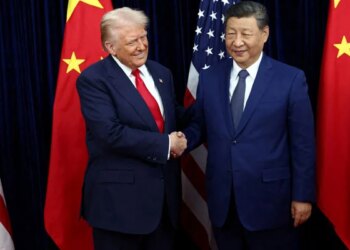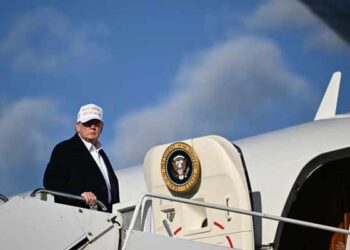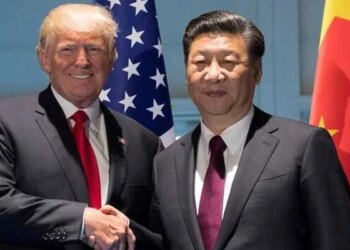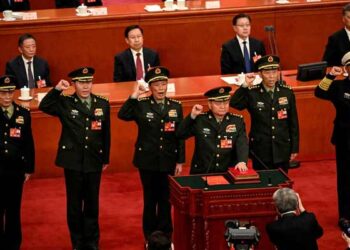Select Language:
South Korea’s President Lee Jae Myung welcomed Chinese President Xi Jinping to the Asia-Pacific leaders’ summit in Gyeongju, marking Xi’s first visit to South Korea in 11 years. Lee urged Xi for support in reigniting dialogue with North Korea, which possesses nuclear capabilities. Xi conveyed China’s eagerness to expand cooperation and jointly address regional challenges, emphasizing the importance of solid bilateral relations and mutual respect for each other’s development trajectories.
Ahead of the meeting, Xi highlighted the significance Beijing places on its partnership with Seoul, viewing South Korea as a vital cooperative ally. Lee, elected in a snap election in June, emphasized the importance of strengthening U.S. ties without antagonizing China and sought to ease tensions with North Korea.
He expressed optimism about improving North Korea engagement, referencing recent high-level exchanges between China and North Korea, and encouraged South Korea and China to leverage these moments to bolster strategic communication aimed at resuming talks with Pyongyang. Lee advocates a phased approach to North Korea’s denuclearization, beginning with engagement and a halt to nuclear development.
Pyongyang promptly dismissed the idea of denuclearization as an unattainable “pipe dream” and reiterated its refusal to negotiate with the South, having shifted away from traditional unification policies and branding Seoul as a primary enemy. Kim Jong Un suggested he would consider US talks if Washington drops its denuclearization demands, though he did not publicly respond to President Trump’s recent offer during his South Korea visit.
During the same period, Trump and Lee announced a breakthrough on tariffs, agreeing to reduce U.S. tariffs in exchange for substantial South Korean investment, with Trump leaving before the main summit. U.S. and Chinese officials discussed regional stability and agreed on the importance of U.S.-North Korea diplomacy, though specific Chinese involvement was not detailed in reports.
Xi outlined ways to enhance relations, including respecting each other’s political systems, addressing core concerns through dialogue, and bolstering multilateral efforts in artificial intelligence, biotech, green technology, and aging populations. During his visit, China and South Korea signed seven agreements covering currency swaps, online crime prevention, aging societies, and innovation collaborations. Both leaders expressed a shared commitment to peace and stability on the Korean Peninsula, with cautious plans for future cooperation.







